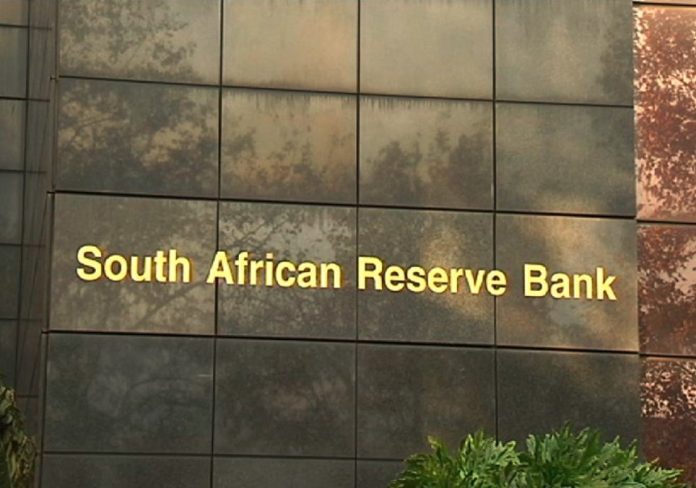News in brief: South Africa consumer inflation has eased to an 11-month low of 6.8%, providing relief to its economy. Despite the slowdown, industry analysts expect the central bank to raise interest rates, marking the 10th consecutive hike since November 2021.
South Africa’s economy breathes a sigh of relief as headline consumer inflation slowed to an 11-month low at 6.8%. It was lower than analysts and market experts forecasted. The inflation level is returning to 2022’s average of 6.9%.
However, there are several industry analysts who still expect the country’s central bank to raise interest rates. If the bank does so, it will be the 10th hike in row after it began raising rates since November 2021.
With inflation slowing down, the hike may not be higher than 50 basis points, as several experts told Reuters in a news report. These same group had expected the inflation to slow down by 7.0% in April 2023, when compared year-on-year. Consumer inflation rate had been 7.1% in March, showing a 0.4% drop month-on-month.
Meanwhile, the South African Reserve Bank (SARB) has set a target of keeping inflation between 3% nd 6%, something it has not been able to achieve since May 2022. The bank is expected to announce the new interest rate on Thursday, 25 May 2023. It currently applies a rate of 7.75% when lending to commercial banks.
South Africa is the most industrialised economy in Africa with Agriculture contributing only about 3% or less to its gross domestic product (GDP). Industry and services make up the bulk of the remaining economy. This last point is important as Annabel Bishop, an economist with Investec, highlighted power outages as a source of inflation pressure. With businesses having to resort to other power generation alternatives, their operating costs rise and so does their goods and services.
The country’s GDP had grown by 2% last year after showing a growth of 4.9% in 2021. In a report, the World Bank blamed the fall on mining production drop and manufacturing production remaining the same.



